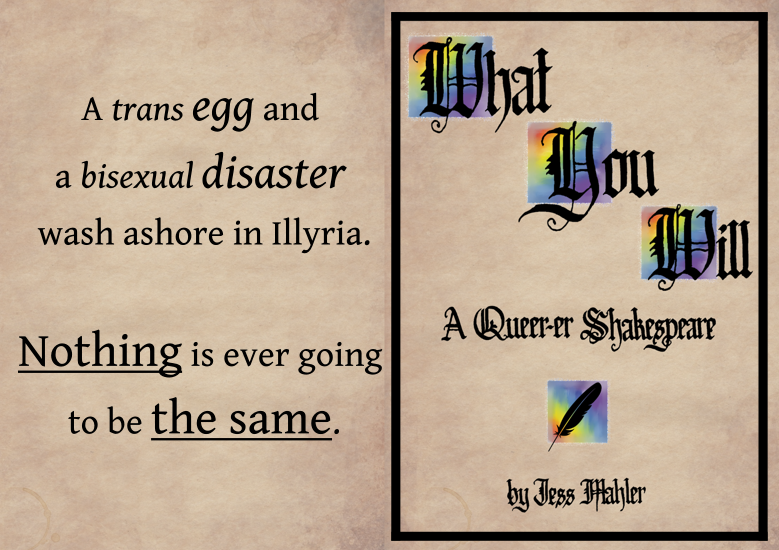Characters in Shakespeare with No Lines
https://shkspr.mobi/blog/2020/02/characters-in-shakespeare-with-no-lines/
Eight years ago, I released an open source database of Shakespeare's plays. Yesterday, it received its first Pull Request! I'm playing the long game...
This led me down a curious little rabbit-hole. Which characters appear in Shakespeare's plays - but have nothing to say?
The Pull Request looked at the characters mentioned in the Dramatis Personae and correlated them with the characters with spoken lines in the play. Here's what it found.
Poor old Sir John Blunt. He gets off to a promising start
Enter PRINCE JOHN OF LANCASTER, WESTMORELAND, BLUNT, and others
...and then, a few lines later...
Exeunt BLUNT and others with COLEVILE
And that's the last we see of him.
Edmund Mortimer is mentioned extensively in Henry IV, Part 1. He also gets a large role in Henry VI, part 1.
But part 3?
Exeunt YORK, EDWARD, EDMUND, GEORGE, RICHARD, WARWICK, NORFOLK, MONTAGUE, their Soldiers, and Attendants
Yup. He leaves the stage - having never appeared.
Also in the play, Sir William Stanley enters and is spoken about:
SCENE V. A park near Middleham Castle In Yorkshire.
Enter GLOUCESTER, HASTINGS, and STANLEY
GLOUCESTER: Now, my Lord Hastings and Sir William Stanley,
What a thankless part for an actor! Walk on. Nod. Walk off. I know there are no small parts, only small actors - but come on!
These mutes are known to Shakespeare scholars - and casting directors. I found it interesting how easy a semantic database makes it to find such characters.
#shakespeare




